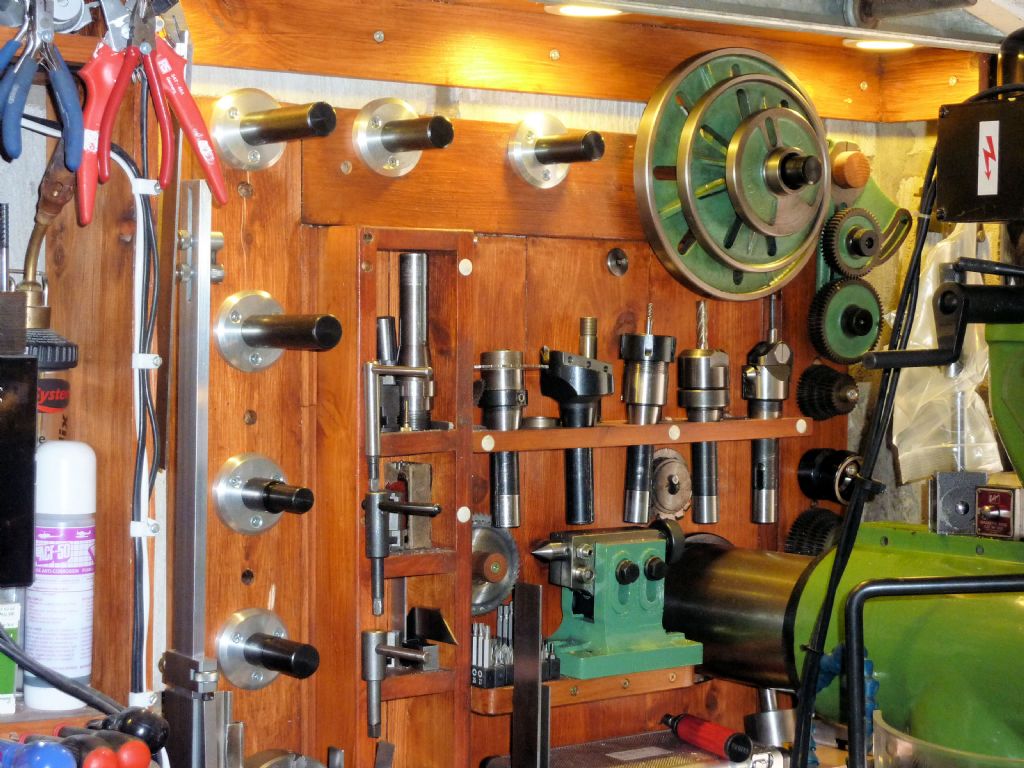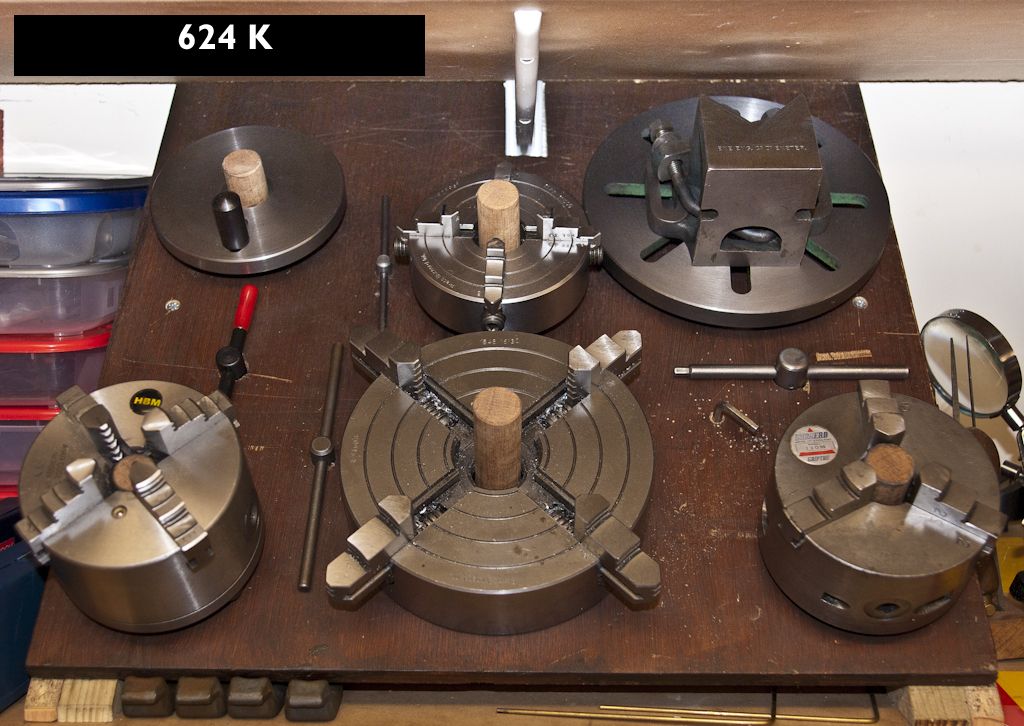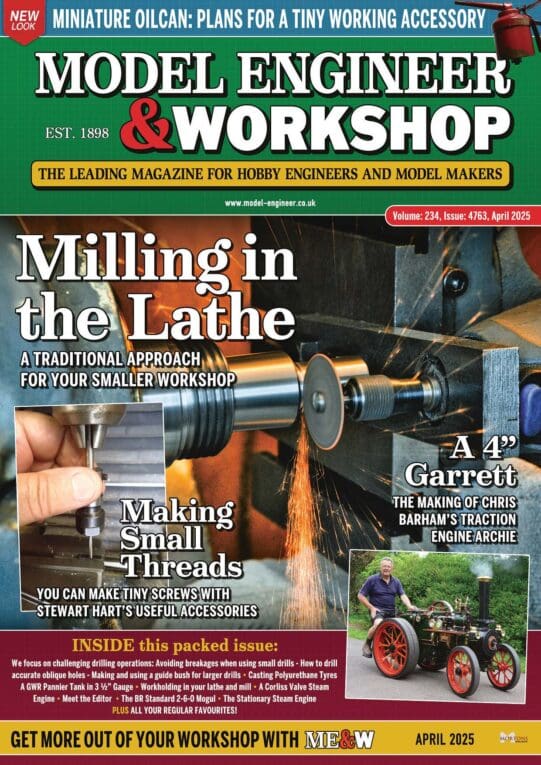Chuck Storage
Chuck Storage
- This topic has 14 replies, 8 voices, and was last updated 11 June 2013 at 16:29 by
speelwerk.
Viewing 15 posts - 1 through 15 (of 15 total)
Viewing 15 posts - 1 through 15 (of 15 total)
- Please log in to reply to this topic. Registering is free and easy using the links on the menu at the top of this page.
Latest Replies
Viewing 25 topics - 1 through 25 (of 25 total)
-
- Topic
- Voices
- Last Post
Viewing 25 topics - 1 through 25 (of 25 total)
Latest Issue
Newsletter Sign-up
Latest Replies
- Damp proofing concrete floors
- Supply company catalogues
- Machinery Handbook
- Chester DB10LB Lathe – Not starting
- Measuring increments on boring head
- Elliott Omnimill Quill Clamp
- Problem getting the right parameters on a VFD
- Flattening brass plates
- How to wire up 3 phase motor and 3 phase converter?
- Morse Key








